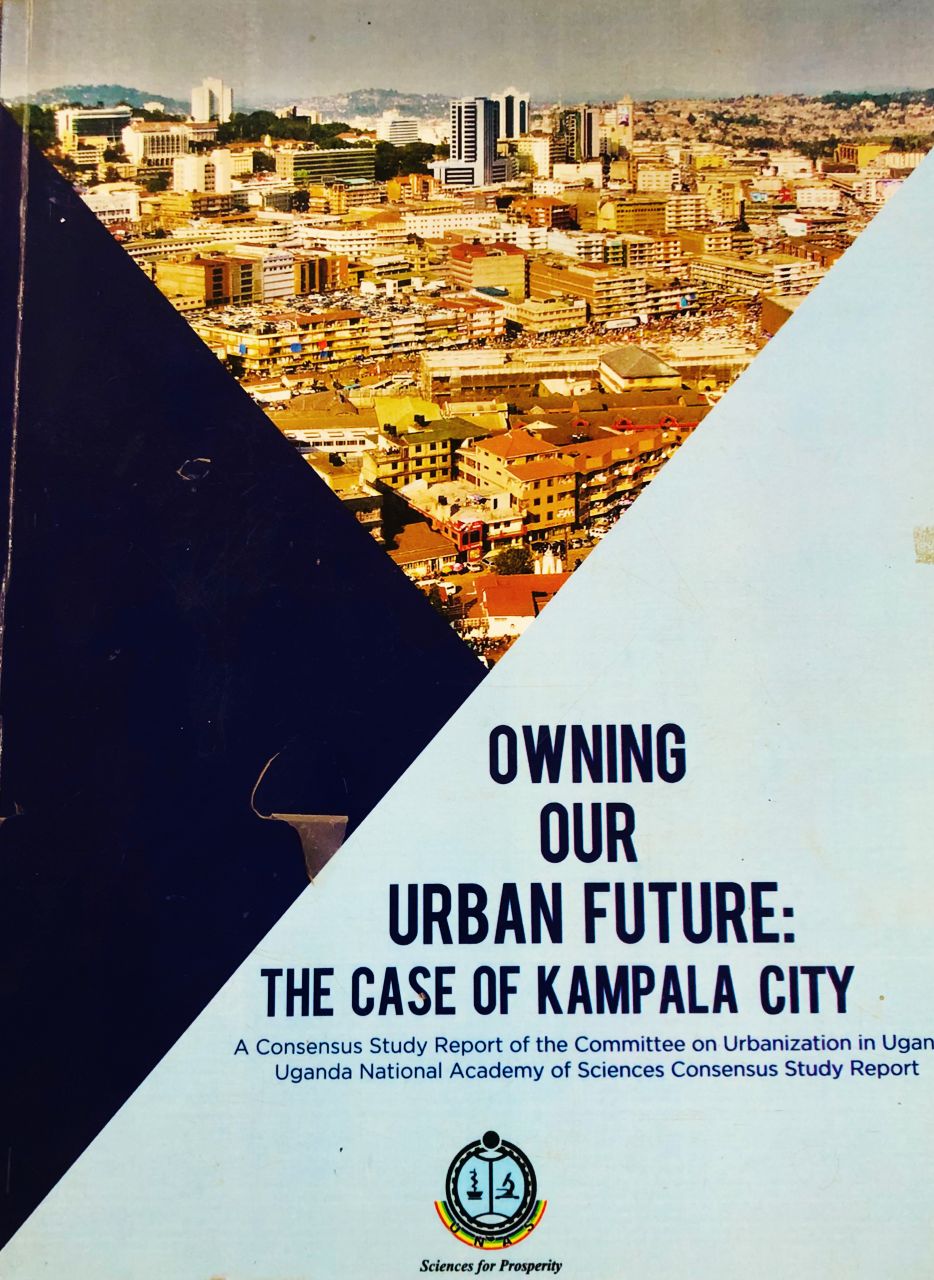
OWNING OUR URBAN FUTURE: THE CASE OF KAMPALA CITY
Author: Nansozi Muwanga, G. Sewankambo, Steward Wilson,E. Musuya Category: Books (Others), Books at the Centre, Magazines, Articles and Publications Published: July 10, 2025
Description:
Uganda is currently in the early stages of a profound transition from a predominantly
rural society to an urban society. While the capital city, Kampala, continues to dominate
economic and political life in Uganda, a number of regional hubs are quickly emerging
across the country. As infrastructural linkages between these urban nodes improve, the
process will accelerate. According to the Uganda Bureau of Statistics (UBOS), 7.4 million
Ugandans, or approximately 21% of the population, currently live in urban areas. By 2040,
that number is expected to increase to 20 million urban residents. Increasing urban
populations predominantly result in the physical growth of built-up areas, either vertically
or horizontally. Urbanization, however, also denotes a more profound socio-political
restructuring, as communities come to terms with the implications of this demographic
shift. Identities, values, land use, and patterns of organization all change in response.
Uganda is thus at the beginning stages of a profound and irreversible demographic shift
that will change many aspects of our culture, economy, and political system

